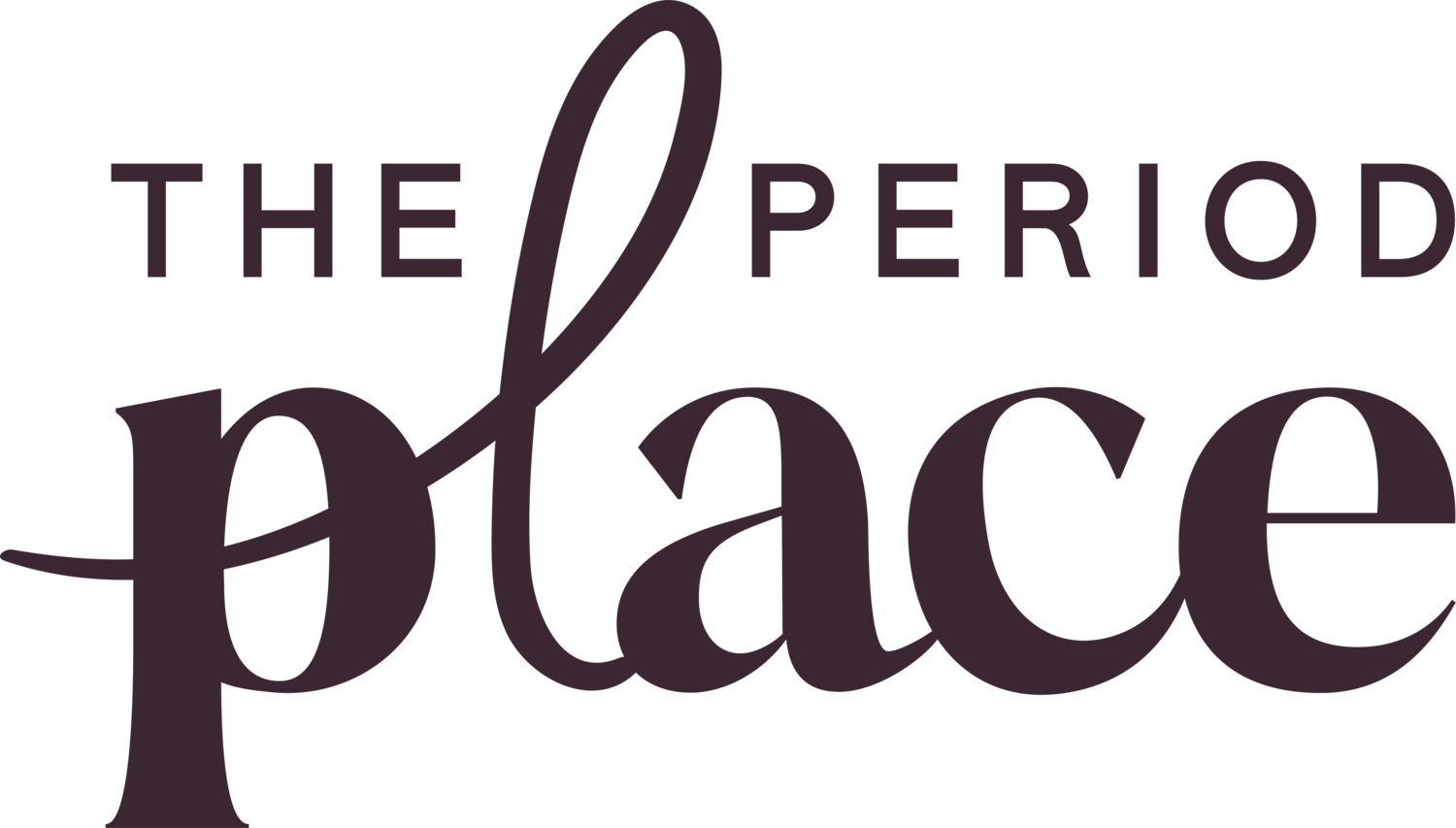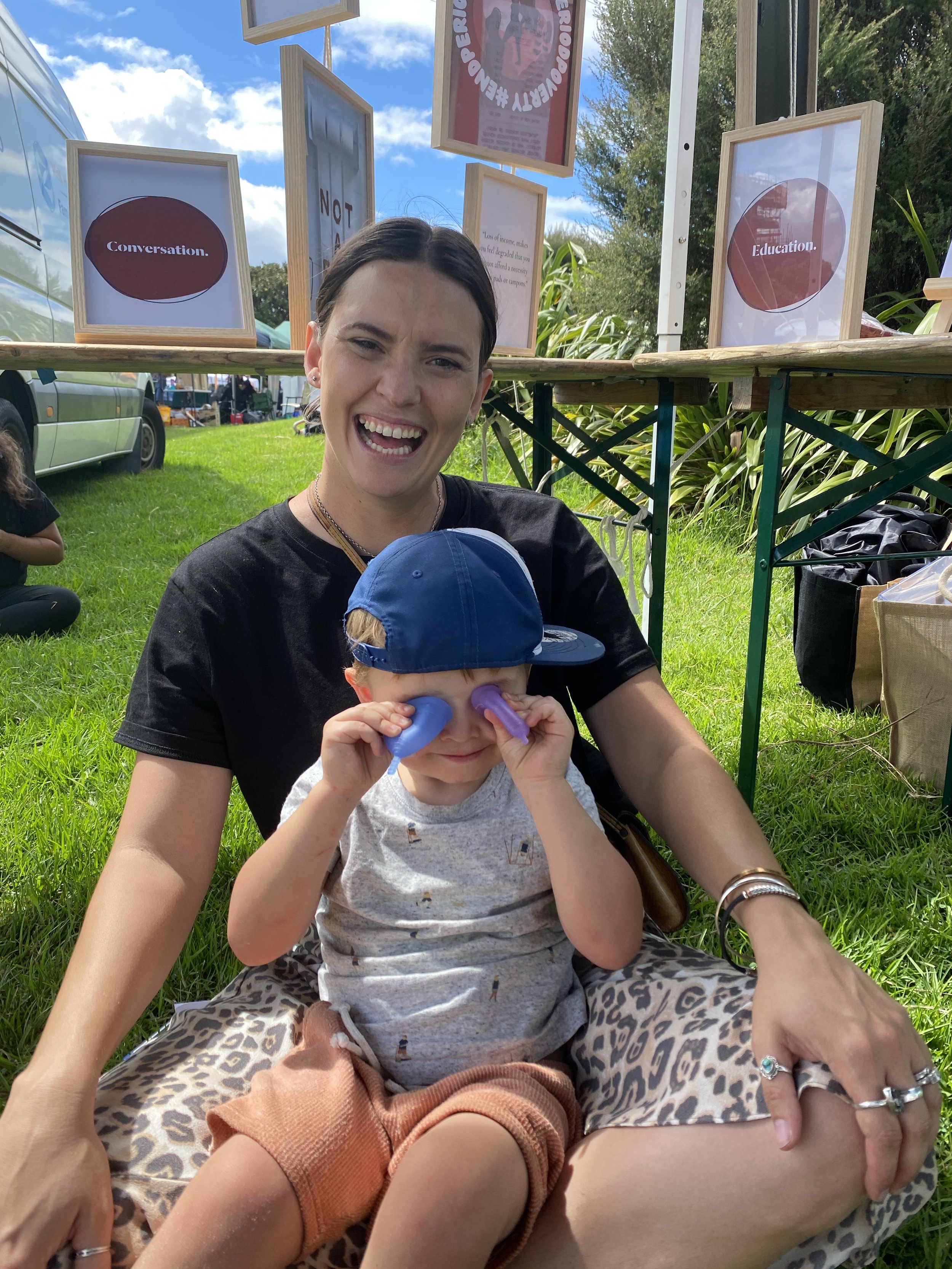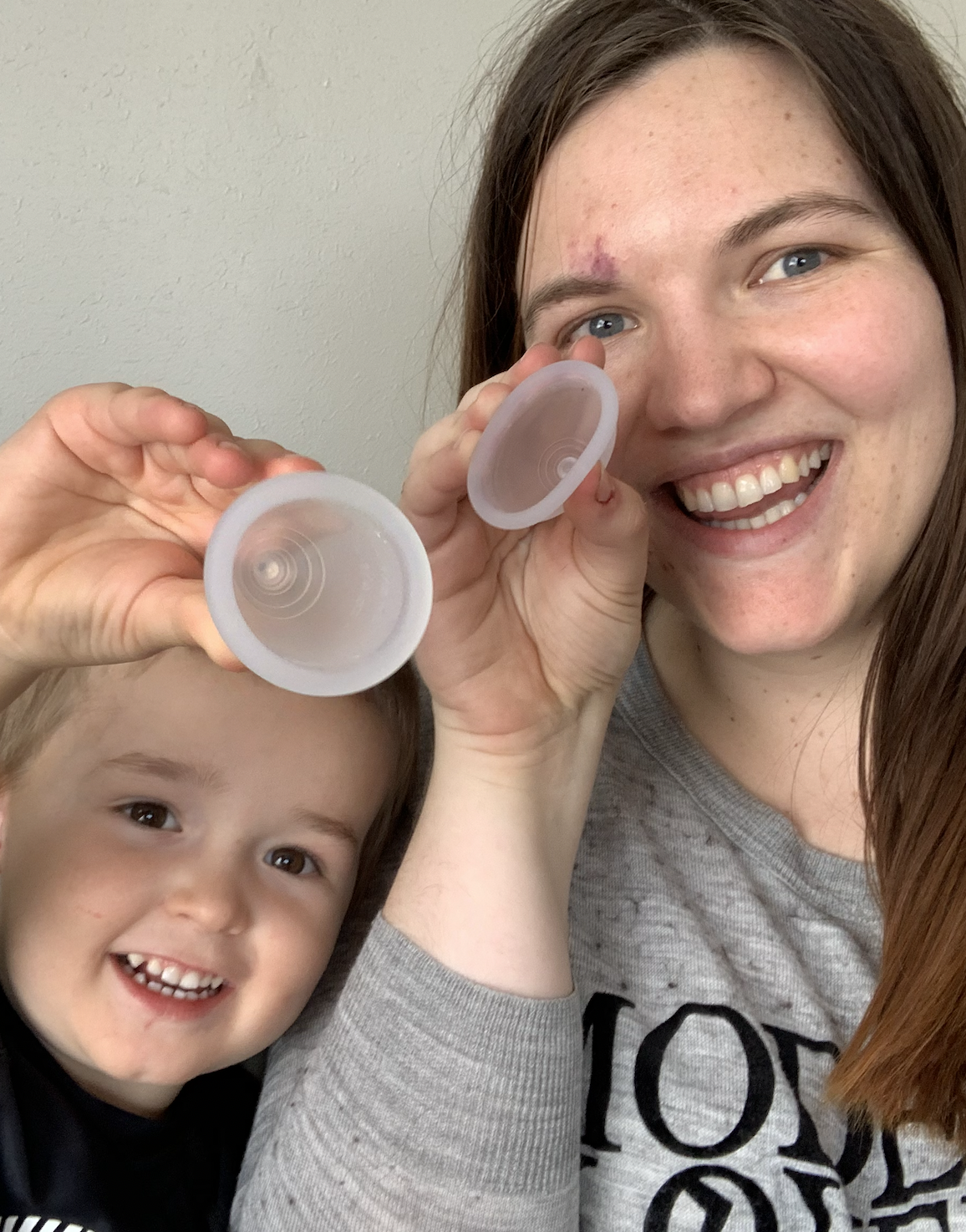Talking to our tamariki about periods
As a previous caregiver at an Early Childhood Centre before jumping onboard The Period Place Team, I’m always drawn to how we can make the conversation around periods a fun and interesting one for our tamariki (young children)- rather than the embarrassing and uncomfortable one many of us received when we were younger (if we got a talk about it at all!).
It can be hard however, if you never received great education or comfortable conversations on the topic of periods growing up but you want to change the narrative for your tamariki - so here are our top 5 suggestions to help:
1) Don’t just provide the one off “period talk”
You have the opportunity to start an ongoing conversation here from day dot. Instead of waiting till they’re around 11/12 or when they get their period, let’s prepare them a bit earlier with the information of what a period is so it’s less scary!
You don’t need to have a medical background to provide enough information for them, instead meet them at their level (no need for an hour long powerpoint on it at age 5).
Here’s some great advice our friend Robyn Fausett, from Nest Consulting shared in Stuff last week:
Fausett suggests you compare the build-up of blood in a uterus to a bird building a nest with twigs and moss to keep a potential egg safe and happy. If the egg doesn’t stick around, the bird is back at it the following month.
“Don’t overdo it and see if they come back for more,” she says, framing the subject as multiple conversations taking place over years rather than a one and done.”
2) Books books and more books!
Now I have searched high and low on the internet for books that are aimed at children and not just the kids who may be about to get their period (10+) but also for our tamariki that are years off getting their period.
Some of my favourites include:
Vaginas and Periods 101: Pop Up book - that’s right a pop up book, a great interactive book that is aimed at an age range between 5-11
Own Your Period by Chella Quint - as featured in the picture to the left.
Welcome to your Period by Dr Melissa Kang & Yumi Stynes (aimed at pre teens)
The Autism Friendly Guide to Periods by Robyn Stewart - a great option if your child likes everything straight up and would benefit from seeing photos of what your period blood might look like on your pad instead of just cartoon pics!
If you’re keen to purchase these books, make sure you check out your local bookstore first!
3) Be prepared
To further assist in making their first period as easy as possible to deal with mentally and physically, it’s great to have everything ready to go.
What does being prepared look like? Well it can look like this:
Understanding at a basic level what a period is.
Having period products in their school bag/bathroom drawer ready to go.
Knowing that they can talk to you and other grown ups in their life about it.
4) Play with (clean) period products!
Now anyone else see a menstrual cup and just wanna squish it like a stress ball or is it just me?
At TPP we have a load of samples of period products that we take around to different organisations to share how they work, and honestly the second you start having a feel of them, for many people they suddenly seem less daunting!
Turns out adults are quite similar to kids in this situation.
We’ve had many young kids walk through the doors or come up to us at a market and go straight to play with our period products on display (especially the menstrual cups). They usually just start playing rather than wanting to talk or ask any questions about them.
That’s awesome because it’s a great starting point, maybe next time they come by or when they get a little bit older they might be ready to ask questions!
5) Include everyone in the conversation
The conversation around menstruation has for a longtime been just for those that get a period (remember when your class was split between guys and girls for “the talk”?) however there’s massive benefits in including everyone in this conversation, the main one being ✨normalising it ✨
To learn a little bit more about what some mens experience of periods was check out the Lads & Pads blog post!
To learn more about this, I recommend checking out this Stuff article, with different peoples perspective: Yes, you should be talking to your toddlers about periods!




